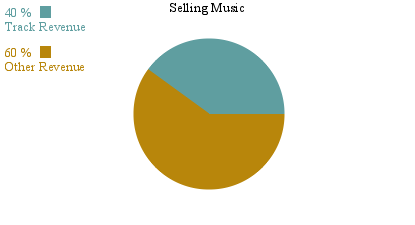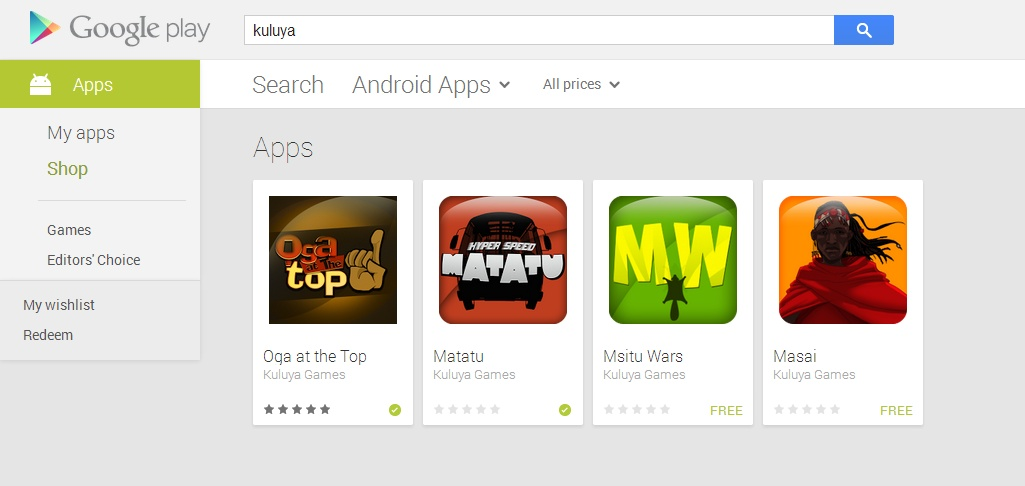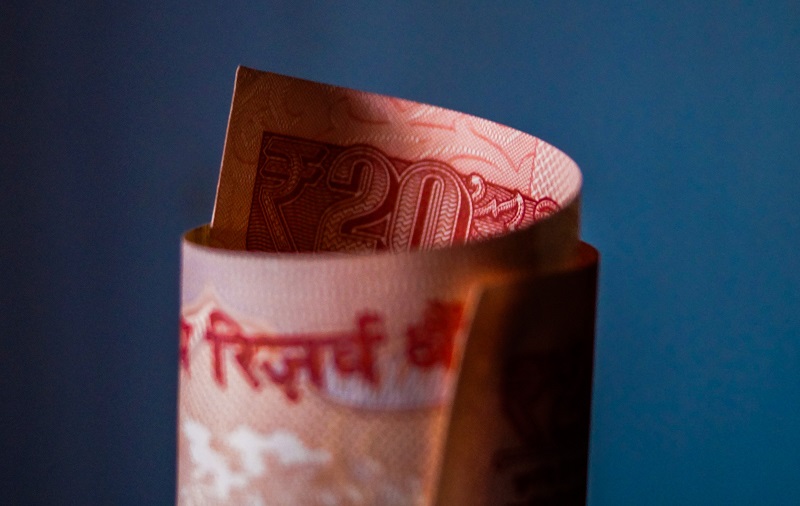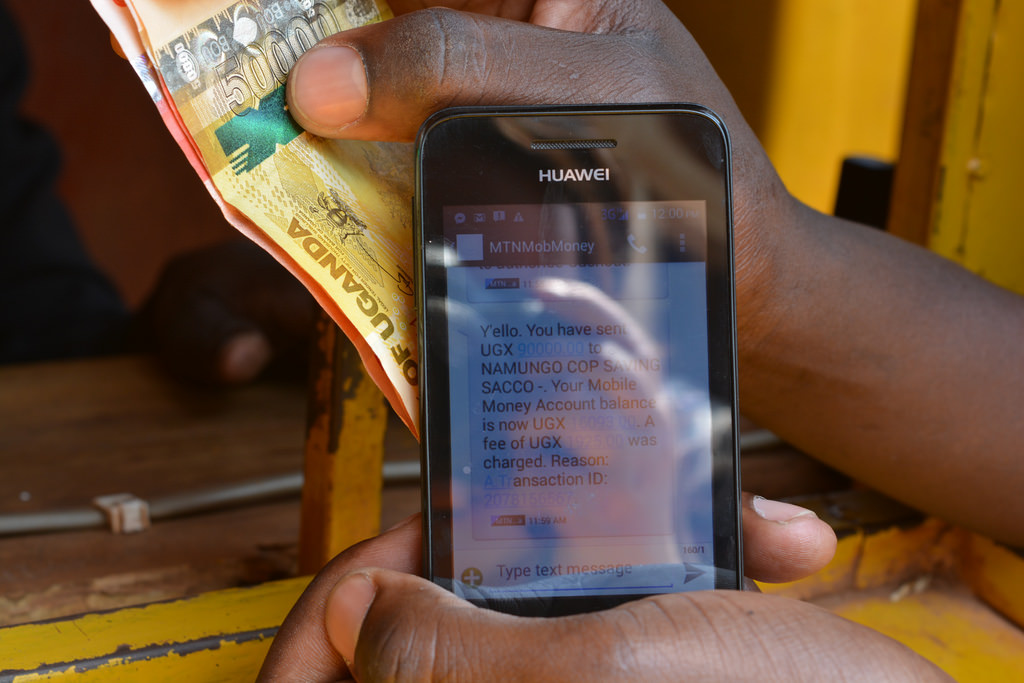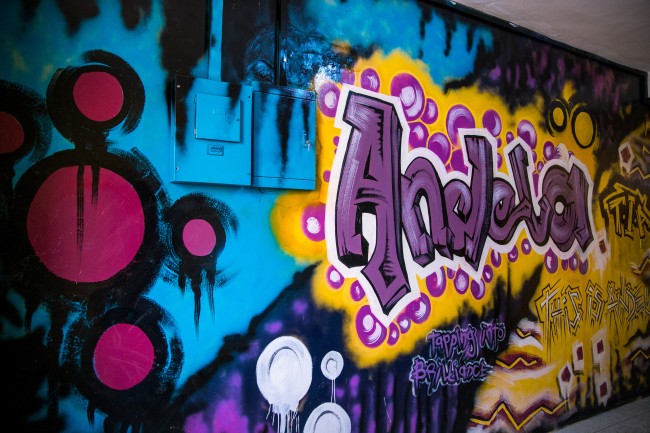I have been thinking a lot about why Mobile Money is yet to catch up in Nigeria like it has in Kenya and maybe Uganda. Below are my thoughts.
I believe the primary issue stems from the fact that although the circumstances that allowed Mobile Money thrive in Kenya are not available in Nigeria, we are still trying to push it as if it were.
So what are some of these circumstances?
- The novelty of Mobile money allowed for it to be created like a startup. The whole shindig of product-market fit. The technology was adapted to the particular environment without pressure as it was initially funded by Vodafone UK (No, mobile money was applied but not created in Kenya).
- As a result of its newness, the regulators did not see it coming and hence, did not have the opportunity to fuck things up. Paraphrasing @WhiteAfrican, regulation is the antidote of innovation.
- The newness of mobile money allowed the pioneering telco Safaricom which happened to have an overwhelming massive market share move fast thereby surmounting the network-effect limitation. I will explain what I mean shortly.
- The absence/limitation of alternative ways to digitally move money quickly when Mobile Money launched in Kenya meant the necessity of adoption to try it out was much higher.
What I am basically trying to say is that, if MTN Nigeria with its almost 50% market share had a 3 year head start vs everyone else, CBN was not putting stumbling blocks all around and internet payments were not readily available, Mobile Money adoption would have been much faster.
Anyway, that is not the case and there is an obvious need for a more inclusive payment system. How do we make it happen?
First of all, let me explain how I understand money, cash/liquidity and the bank.
- Money is simply stored value.
- Cash is a common agreed representation of that value backed by the government.
- The bank is a third party place licensed by the government where we keep that stored value and acts as a ledger.
- Liquidity is the ability to exchange one form of value to another. Cash is in most cases, the most liquid form of value as it is a commonly agreed representation of value.
At the risk of digressing further, let me use an example.
I have some yams. That is value for someone who needs yams and I want an iPad. If I can directly exchange that yam for an iPad, then the Yam is liquid. Most times it is not the case besides I might not need to get an iPad at the moment I have the yam. And most times we do not know how many yams are worth an iPad. So I turn my Yam into a representation that is universally acceptable, Money/Cash. This does two things.
- There is a common ground for exchange.
- My money cannot spoil so I can keep it until I need an iPad or something else.
- The bank is where it is usually kept.
Phew! Let’s get back to Mobile Money.
At the very core, a Mobile Money account is a bank account with much lower KYC/regulatory requirements. Simple. If it is looked upon like this, then it makes things much easier.
One of the basic issues with the poor adoption of Mobile money it the perceived high TTL (Time To Liquidity). Remember, cash is the most liquid form of money. Nigerians want to be as near as possible to their cash or an understood representation of their cash (the bank balance).
My recommendations to help the adoption of Mobile Money in Nigeria
- Reduce Time To Liquidity: Presently, you are able to withdraw money from your mobile money account (abi na wallet?) from quite a number of ATMs. So time to liquidity is not technically an issue but it is because it is not really known. It is why I said perceived. If every Mobile Money wallet had a debit card, it would help this perception a lot. At first, people will be withdrawing their cash immediately it hits their mobile money account but over time, they will be willing to leave it.
- Interconnectivity of Wallets/Accounts: I hope Mobile Money operators understand they are not competing with each other but with adoption. It is a no brainer that since no one has the necessary network effect that Tigi had when they launched in Kenya, inter connectivity between wallets is necessary. Banking would not be viable if I needed to have an account with all 22 banks because I could not move money from GTBank to Diamond Bank.
- Open up APIs: APIs allow for the extendibility of services. Banks via Debit/Credit cards have allowed for the extendibility of payment online, POSs etc. If ‘mobile money’ accounts are connected to the card system, that would be a shortcut. But in the absence of them, there is a chance for innovation and adoption if the APIs are opened up and more efficient methods of moving money are created.
- Improve Communication: The communication of Mobile Money is frankly, confusing. I personally would do away with the term mobile money and call them what they are, accounts; if not Bank accounts. While running the idea of this post with Mark Essien, is suggested the name Mini Bank accounts. Perceived competitors should come together and unify communication. Imagine if Diamond bank called the cheque book something different from GTBank?
As things are, the banked (Mobile Money) market is for the Banks to lose. From outside, Stanbic looks the best positioned so far. Paga has done a great job and I am rooting strongly from them. I foresee Paga morphing into a branchless bank such as ING direct.
I’ll end here for now. I think I have 2 more payment blogposts in my head.
Thanks to Mark Essien for listening to my ramble and feedback which enabled this post to finally come out almost one year after I was due to write it in response to Mbwana’s question.
@Mbwana I will put down my thoughts as a post by Monday. Infrastructure reliability / Killer apps are missing.
— Oo Nwoye (@OoTheNigerian) November 9, 2012
This post was first published on Oo’s blog.
Photo Credit: whiteafrican via Compfight cc
The best of TechCabal, in your inbox weekly. Don’t miss a thing. Subscribe now.









